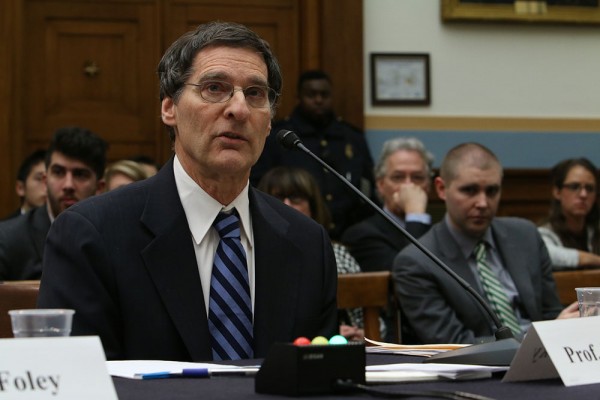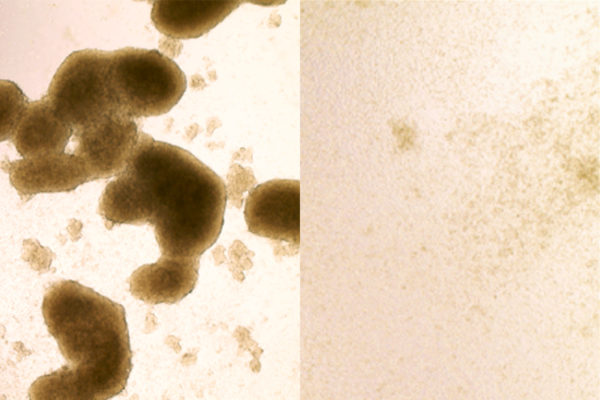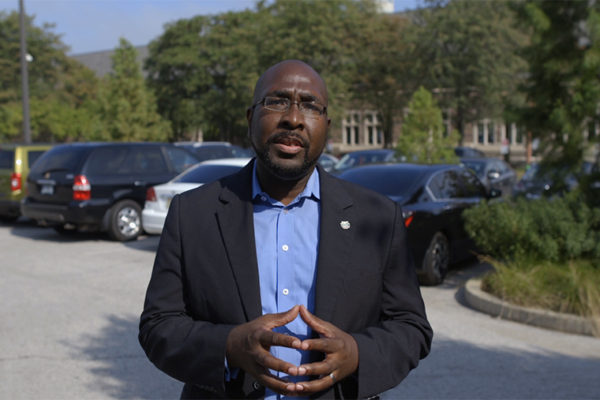Trump’s DACA decision regrettable
The Trump administration on Sept. 4 announced plans to end DACA, which protects nearly 800,000 young undocumented immigrants brought to the U.S. as children from deportation. The president’s decision is not only regrettable, it was entirely unnecessary, says Stephen Legomsky, the John S. Lehmann University Professor Emeritus and renowned expert on immigration law.
Ssewamala to use NIH grant on HIV interventions in stricken Africa
Fred Ssewamala, professor at the Brown School, has received a $3.4 million National Institutes of Health (NIH) grant to study the effectiveness of interventions in Uganda aimed at protecting adolescent girls against known HIV risk factors.
The Vietnam War dramatically changed the way combat was portrayed in American film
At the most basic level, prestige combat films, or PCFs, tell stories of U.S. soldiers fighting abroad in actual historical conflicts. Nearly every PCF presents the battlefield from the point of view of the individual soldier, frequently from the lowest rank: the grunt. Central characters in these films seldom rise above lieutenant. The PCF is generally not about officers and never about famous figures of military history—as were many war films made during the 1960s.
A message from Chancellor Wrighton regarding the rescission of DACA
Chancellor Mark S. Wrighton shares a message with the university community about the Deferred Action for Childhood Arrivals (DACA) program, which President Trump has decided to rescind and end within six months.
Research dog helps scientists save endangered carnivores
Scat-sniffing research dogs are helping scientists map out a plan to save reclusive jaguars, pumas, bush dogs and other endangered carnivores in the increasingly fragmented forests of northeastern Argentina, according to a new study from Washington University in St. Louis.
Insects are revealing how AI can work in society
What’s the secret to unlocking artificial intelligence (AI) and making it ubiquitous in our everyday lives? The answer may lie with the most abundant animals on earth — insects. The behavioral adaptations of insects could help commercial organizations overcome a significant hurdle for AI adoption today: cost.
Zika virus kills brain cancer stem cells
New research from the School of Medicine in St. Louis and the University of California San Diego School of Medicine shows that the Zika virus can kill brain cancer stem cells, the kind of cells most resistant to standard treatments.
The View From Here 9.5.17
Images from in and around the Washington University campuses.
Parking plan update, what to expect in coming months
Dedric Carter, vice chancellor for operations and technology transfer, shares insights on the strategy behind Washington University in St. Louis’ new parking and transportation plan, successes to date, and what the campus community can expect this year.
Emergency communication system to be tested Sept. 12
Washington University in St. Louis will test its emergency communication system at 12:05 p.m. Tuesday, Sept. 12. These tests ensure that the university can effectively communicate with the community in an emergency. The test will take place unless there is the potential for severe weather that day or some other emergency is occurring at that time.
View More Stories









